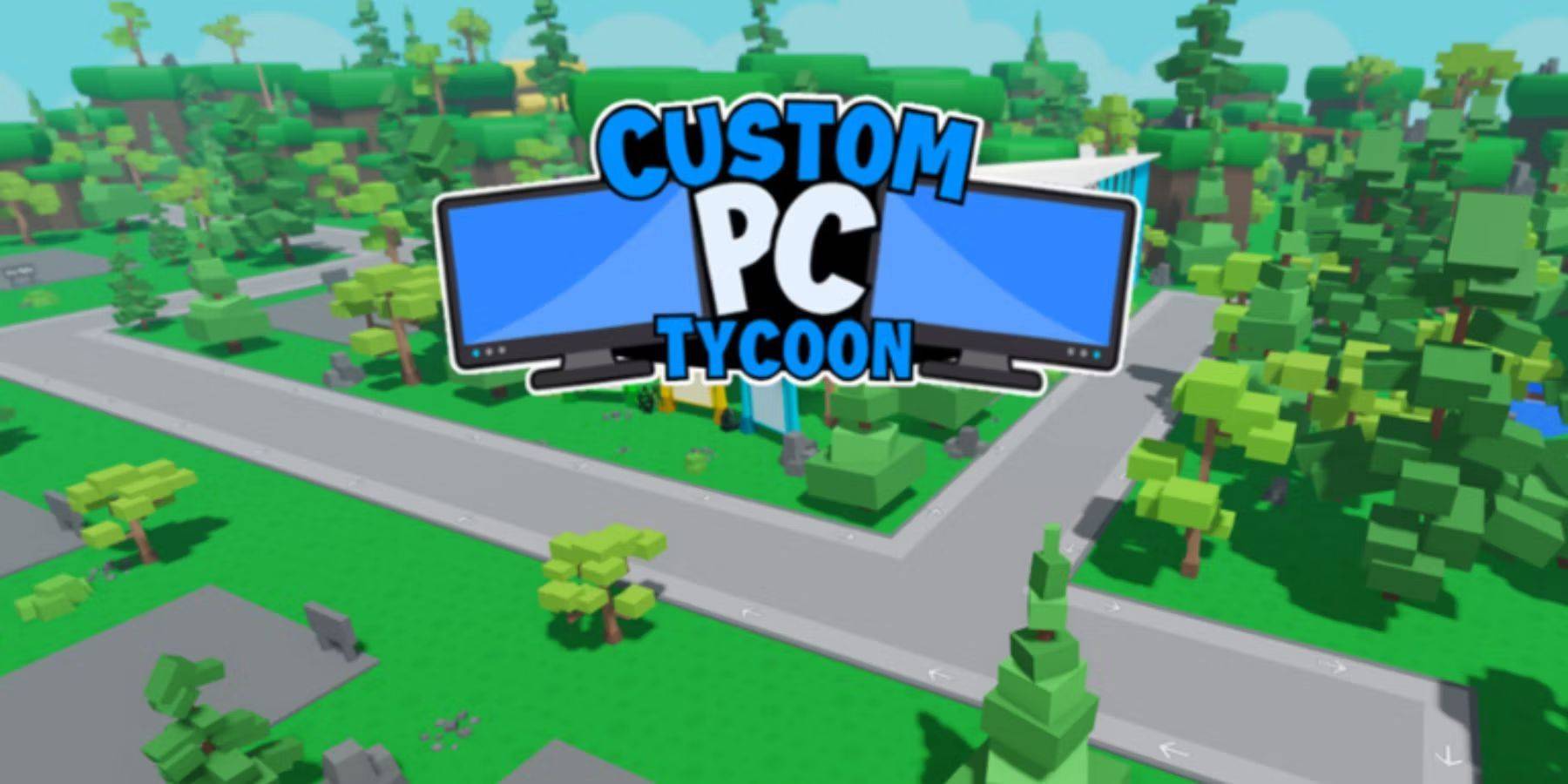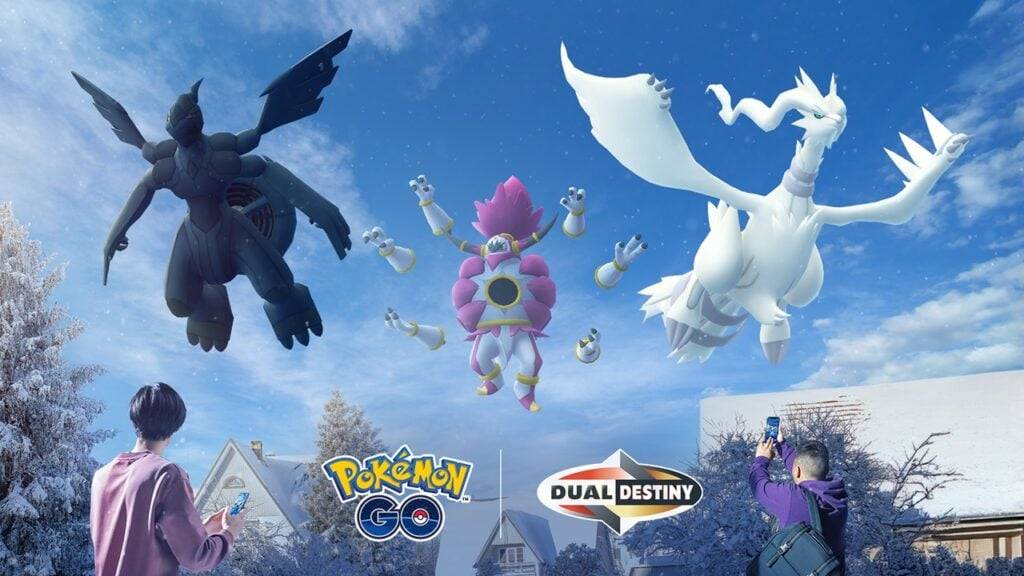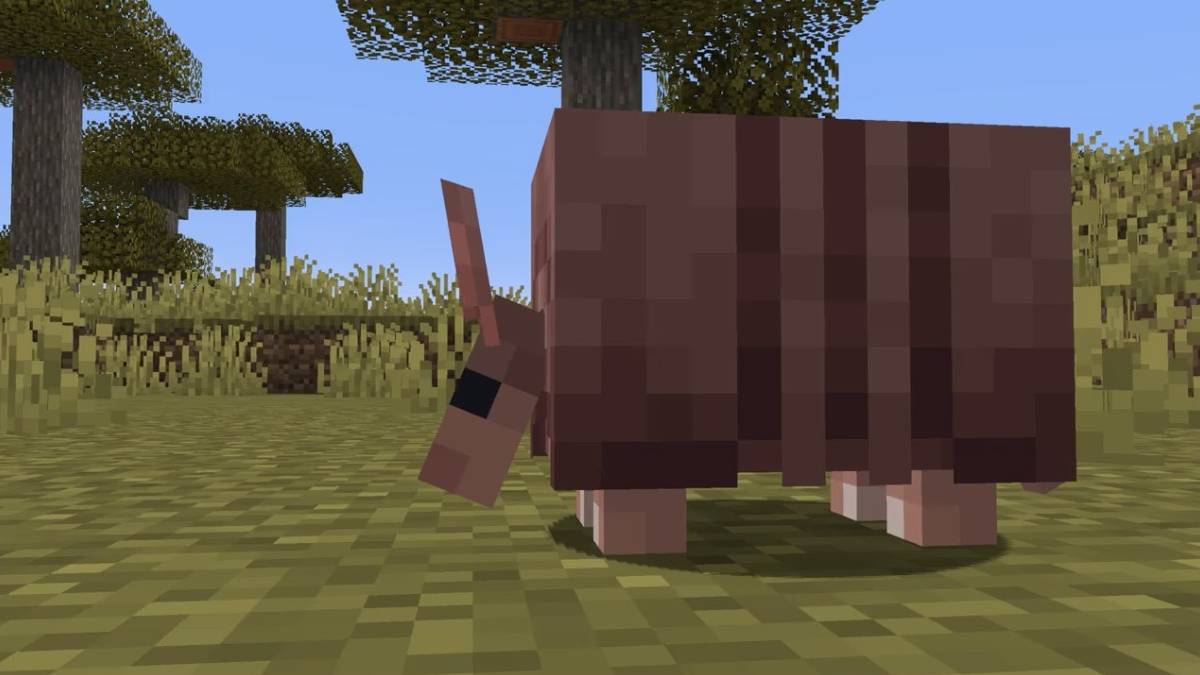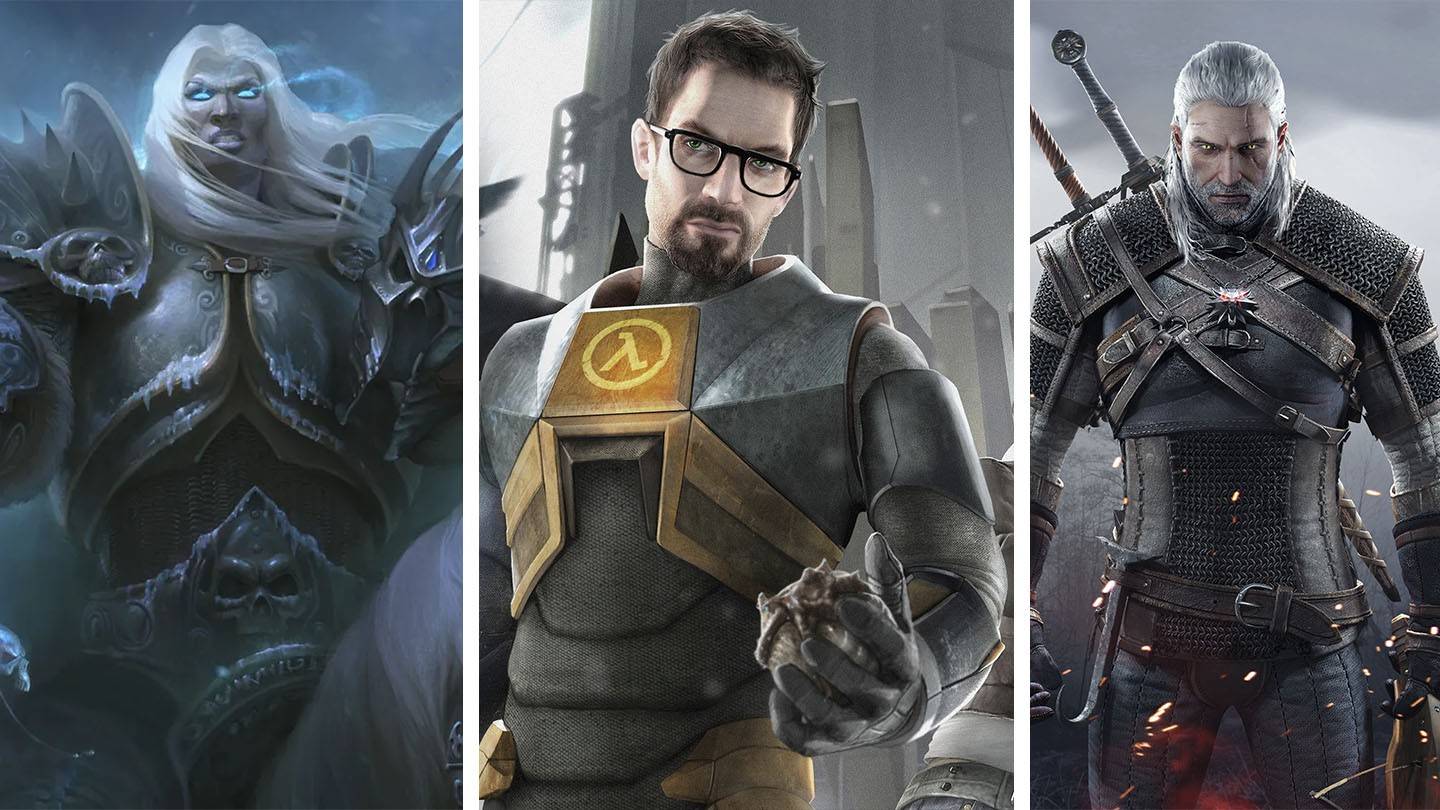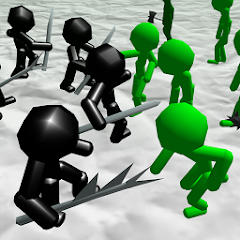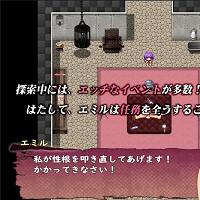Nintendo's aggressive stance against emulation is well-documented. Recent examples include the $2.4 million settlement with Yuzu emulator developers in March 2024, the October 2024 cessation of Ryujinx development following Nintendo's intervention, and the 2023 advice given to Dolphin developers regarding a Steam release. The high-profile case against Gary Bowser, resulting in a $14.5 million payment to Nintendo for his role in distributing piracy tools, further highlights this commitment.
Now, a Nintendo patent attorney, Koji Nishiura, has shed light on the company's legal strategy. Speaking at Tokyo eSports Festa 2025, Nishiura clarified that while emulators themselves aren't inherently illegal, their use can become illegal depending on how they interact with copyrighted software. Specifically, emulators that copy game programs or disable console security measures may infringe on copyright. This is primarily based on Japan's Unfair Competition Prevention Act (UCPA), which limits Nintendo's legal reach internationally.
The presentation used the Nintendo DS R4 card as a case study. This device bypassed the console's security, enabling the use of pirated games. Nintendo's successful 2009 lawsuit against R4 manufacturers and sellers, involving over 50 software companies, established that such actions violated the UCPA.
Nishiura also highlighted the illegality of "reach apps," third-party tools facilitating pirated software downloads within emulators. Examples include the 3DS's "Freeshop" and the Switch's "Tinfoil." These tools, he argued, violate copyright law.
Nintendo's lawsuit against Yuzu cited one million pirated copies of The Legend of Zelda: Tears of the Kingdom, linking the emulator's Patreon funding (reportedly $30,000 monthly) to the distribution of early access and unreleased features, further emphasizing the financial implications of emulation for Nintendo.

 Latest Downloads
Latest Downloads
 Downlaod
Downlaod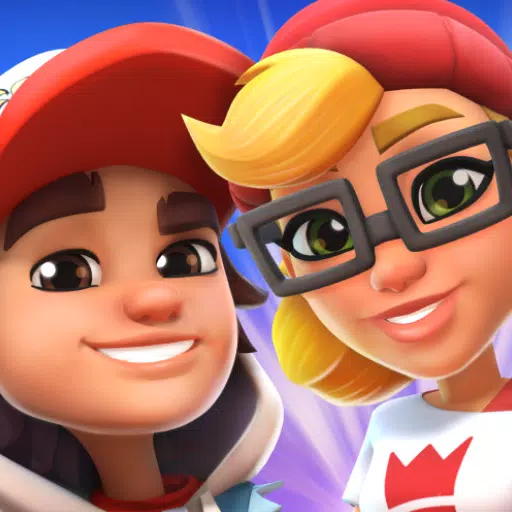


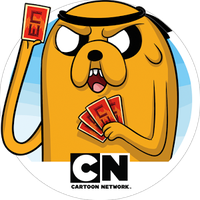

 Top News
Top News